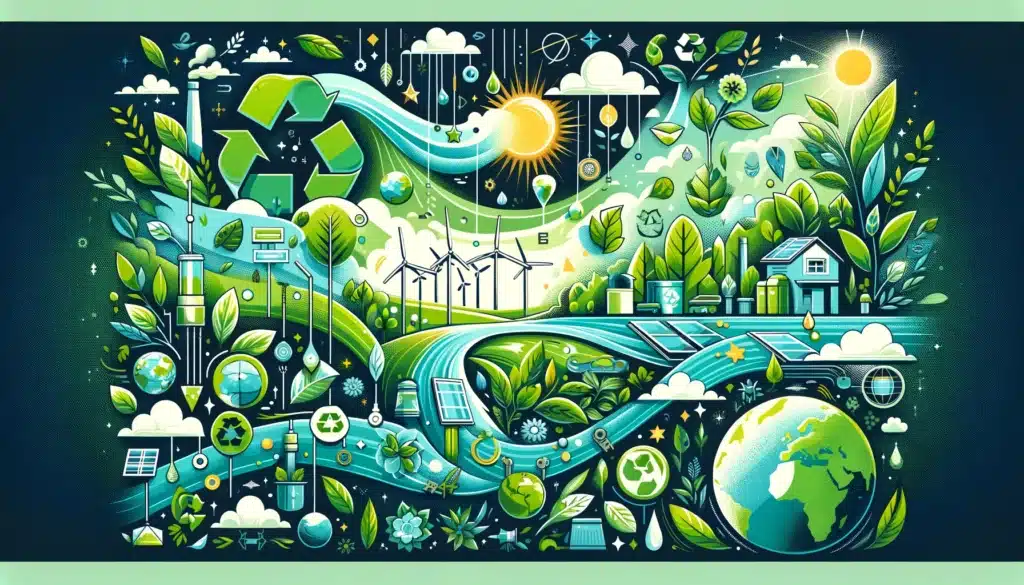COURSE DESCRIPTION
The first part of this course is based on the Harvard Continuing Education textbook: An Introduction to Sustainable Development by Peter Rogers, Kazi F. Jalal, John A. Boyd.
An Introduction to Sustainable Development presents the concept and practice of sustainable development as a process that meets the needs of the present generation without compromising the ability of future generations to meet their own needs. This textbook examines the environmental, economic, and social dimensions of sustainable development by focusing on changing patterns of consumption, production, and distribution of resources.
The impact of globalization and the role of the private sector including multinational corporations are discussed. Case materials include domestic and international initiatives and projects; protection of coastal wetlands; development of community-based water supply and sanitation systems; sustainable energy, forest, and industrial development.
The second part of this course is based on the respected yet sometimes controversial textbook: Beyond Growth: The Economics of Sustainable Development by Herman E. Daly.
In Beyond Growth, Herman Daly provides an overview of the macroeconomics of sustainability. His overview, however, has drawn a fair amount of criticism and is not without its detractors. In effect, Daly argues that the basic premise underlying macroeconomics is faulty–that the study of the ongoing flow of goods and services and factors of production that is called an economy has historically excluded natural capital (resources from the environment). In other words, natural capital is not valued and, therefore not addressed in economic analyses such as those that produce reports on Gross National Product, a commonly used indicator of a nation’s economic success.
Named one of a hundred “visionaries who could change your life” by the Utne Reader, Herman Daly is the recipient of many awards, including a Grawemeyer Award, the Heineken Prize for environmental science, and the “Alternative Nobel Prize,” the Right Livelihood Award. He is a professor at the University of Maryland’s School of Public Affairs, and coauthor with John Cobb, Jr., of For the Common Good.
The course textbooks are:
An Introduction to Sustainable Development (Rogers et al.)
Beyond Economic Growth (Soubbotina)
Beyond Growth (Daly)
The Crash Course (Martensen)
The Sustainability Revolution (Edwards).
COURSE OBJECTIVES | LEARNING OUTCOMES
At the end of this course, the student will be able to:
understand the issues that have prompted the development of SD as a concept and discipline
explain what aspects of the current economic system are not sustainable and why
articulate a framework that may improve quality of life in a sustainable way
compare and contrast the viewpoints and perspectives of both textbooks
discuss the sustainability issues associated with the 4 Es of the Crash Course.
COURSE CMS SPECIFICS
Credit value: 3-6 (US standard) | 6-12 (ECTS standard)
Indicative duration (full-time): 4-10 weeks
Indicative duration (part-time): 5-12 weeks
Certificate: Yes
COURSE METHODOLOGY
This course is based on standard EUCLID methodology. Students may refer to the following resources:
Academic Guidelines (HQ version)
Academic Guidelines (most recent version, even if unofficial)
Student Orientation Guidelines (most recent version, even if unofficial)
Zotero instructions for EUCLID students
Grammarly instructions for EUCLID students
REQUIRED TEXTS AND MATERIAL
Course material is provided in the form of embedded videos, audio MP3s, and/or downloadable PDFs.
ASSESSMENT METHODS
Written Assignments, Response Papers and Major Paper: 40% (must pass)
Quiz: 10% (must pass)
Final Exam: 50% (must pass)
COURSE SYLLABUS | ACCESS TO 7 PERIODS





